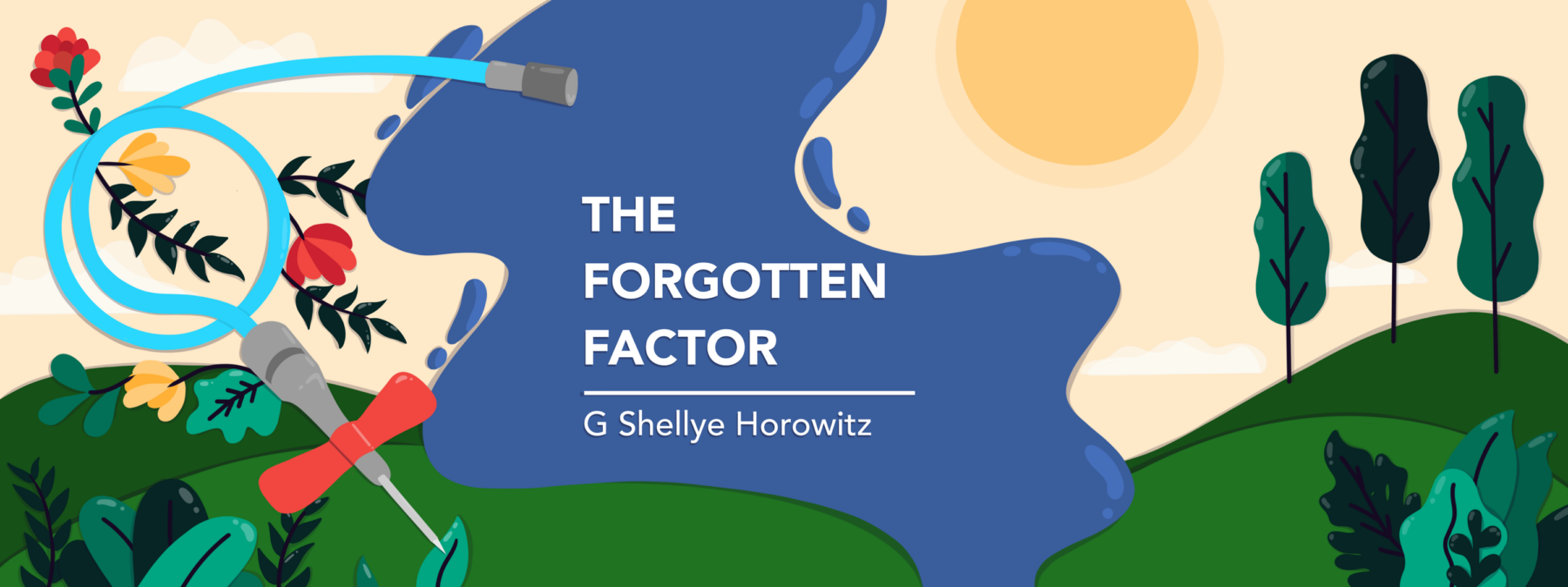How a new doctor made me feel safe as a woman with hemophilia
3 things my favorite hematologist told me that put me at ease
Written by |

Forty-six. That’s how old I was when I finally accessed the hemophilia care that I’d needed my entire life. I believe the reason it took so long was that I’m a woman.
It may seem crazy to those who aren’t familiar with the bleeding disorder. For years, the misconception that women could not have hemophilia dominated medical, scientific, and educational spaces. We know better now.
In the midst of my struggle to find appropriate care, I attended a National Conference for Women with Hemophilia. There, I met a hematologist who encouraged me to seek help at a hemophilia treatment center with a clinic that specialized in women with bleeding disorders. I heeded her advice, and it changed my life.
Up until that point, hematologists had always minimized my experiences as a woman with hemophilia and doubted my reports of bleeding struggles that were out of the “norm.” For example, I questioned if a certain factor product worked for me, but was dismissed because this issue is considered very rare.
Needless to say, I was worried about meeting a new hematologist. I hoped with everything in me that this encounter would be different. Spoiler: It was.
3 helpful things my new doctor told me
There were three things my new hematologist said that created a deep trust and sense of safety. It set the foundation for a fantastic and reparative experience that was different from anything I’d experienced in prior encounters with medical professionals.
First, she said to me, “I believe you.” To this day, when I don’t have to prove I have hemophilia for medical professionals to believe me, I cry out of relief. In all honesty, I cry even more when I’m not believed. That’s a struggle I’m likely to face many more times. To create a trusting relationship with my medical provider, they must understand I’m telling the truth. While I did send my new hematologist photos of my bleeds, she didn’t need them as evidence that I wasn’t making up the injuries.
Second, my doctor was willing to say, “I don’t know.” The first time we met, she looked at me and said, “I don’t have all the answers, but I’m willing to help try to find them.” With that, I knew I’d found a doctor who was a good match for me. My providers don’t need to know all the answers; no medical professional possibly can. I do, however, develop a huge respect for doctors who are confident enough to admit when they need to do research or phone a friend to understand the nuances of my condition. This admission was incredibly comforting.
Finally, she said to me, “I like a good challenge.” I’m a woman with hemophilia who has a short factor VIII half-life (meaning I clear factor VIII replacement products from my body faster than I’m supposed to). How amazing that my doctor saw my case as a challenge that interested her, rather than tossing me aside because my situation was complicated. She told me she took time to go through my file and really think about what was going on, as my case didn’t make sense. It was humbling that she wanted to help solve my health issues. Her retirement was a huge loss to the many patients who adored her.
It may seem simple, but it can be hard for women with hemophilia to find medical providers who believe us, admit when they don’t know something, and are drawn to challenges. I believe it was because I was lucky enough to connect with someone who had these qualities that I’m now living a healthier and happier life.
I am forever grateful.
Note: Hemophilia News Today is strictly a news and information website about the disease. It does not provide medical advice, diagnosis, or treatment. This content is not intended to be a substitute for professional medical advice, diagnosis, or treatment. Always seek the advice of your physician or another qualified health provider with any questions you may have regarding a medical condition. Never disregard professional medical advice or delay in seeking it because of something you have read on this website. The opinions expressed in this column are not those of Hemophilia News Today or its parent company, Bionews, and are intended to spark discussion about issues pertaining to hemophilia.


Sharon Henson
I did not know until I was in my old age that I had low Factor VIII. I had 3 brothers with Hemophilia, I bled at child birth and surgery had to have transfusions, STILL no one told me to have my Factor checked even though I had difficulties. I chose to only have 1 child because of the fact I most likely was a CARRIER, not knowing of my condition. When my brothers were disabled in the 50's and all that was offered was blood transfusions, it was so hard on my family. My mother took excellent care of my brothers and they still passed away at the ages of 4,17,27. I have very sad memories of what my family went through with this disease. I am happy today there is much better care.
G Shellye Horowitz
I am so glad you were finally able to learn about your own FVIII levels. I agree with you and am also thankful that care has evolved. I often think my father would have had a much easier life if he had been born with hemophilia today instead of in the 1940's. How painful it must have been for your family to suffer all of that loss.